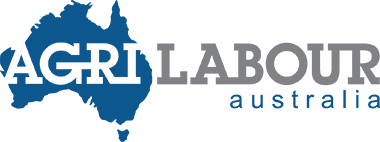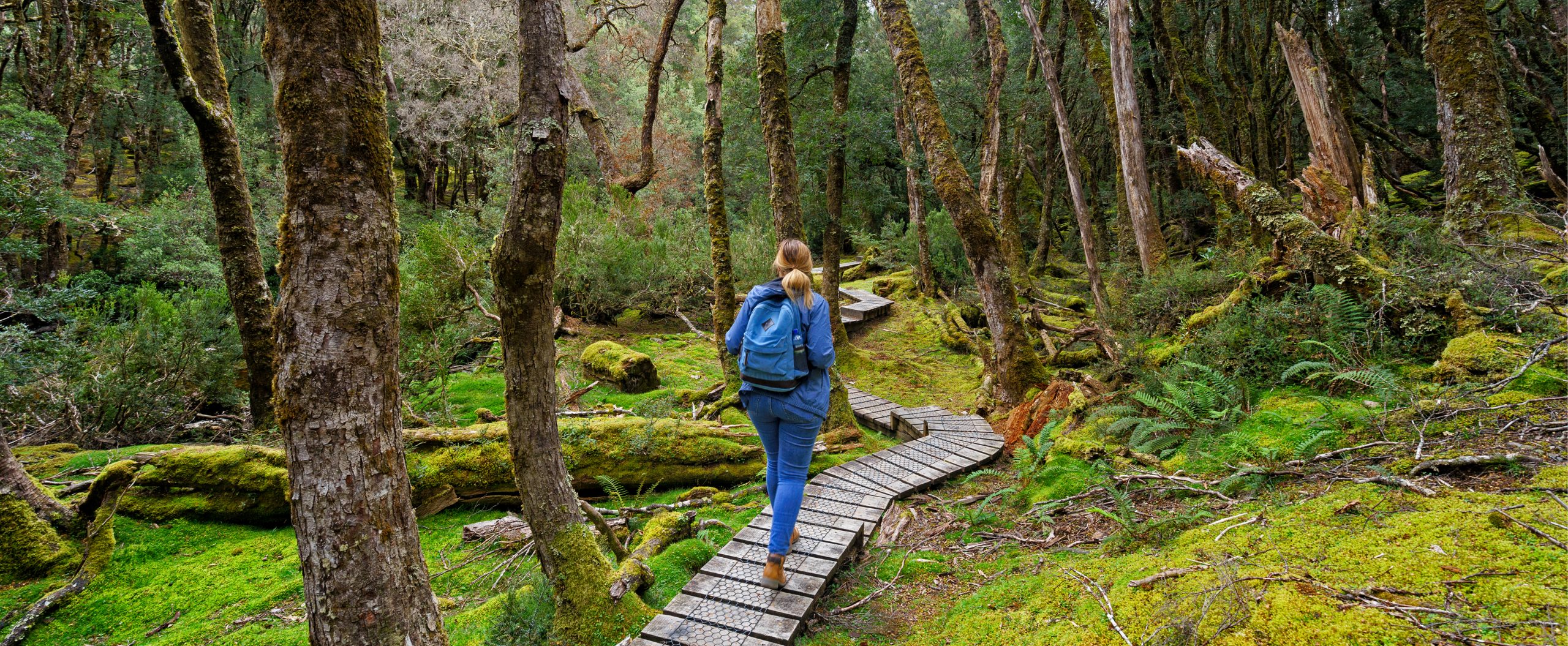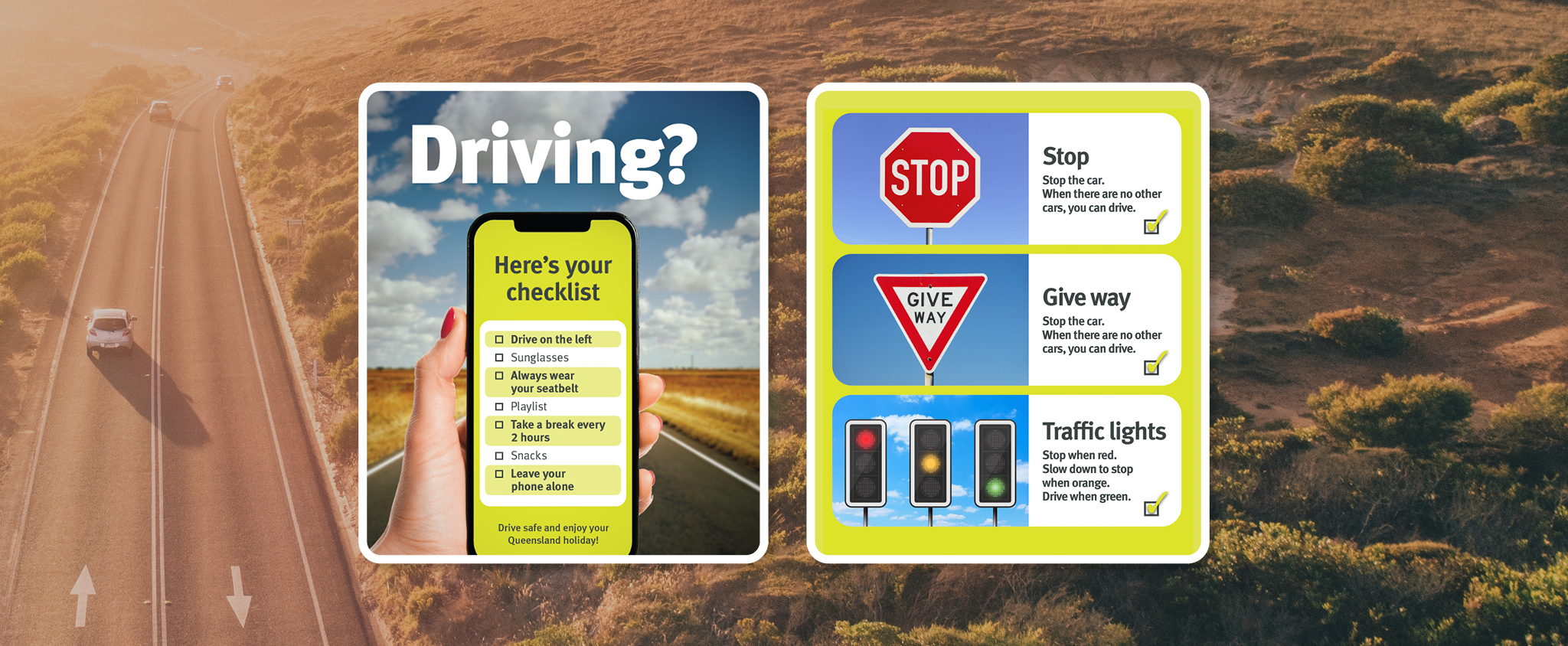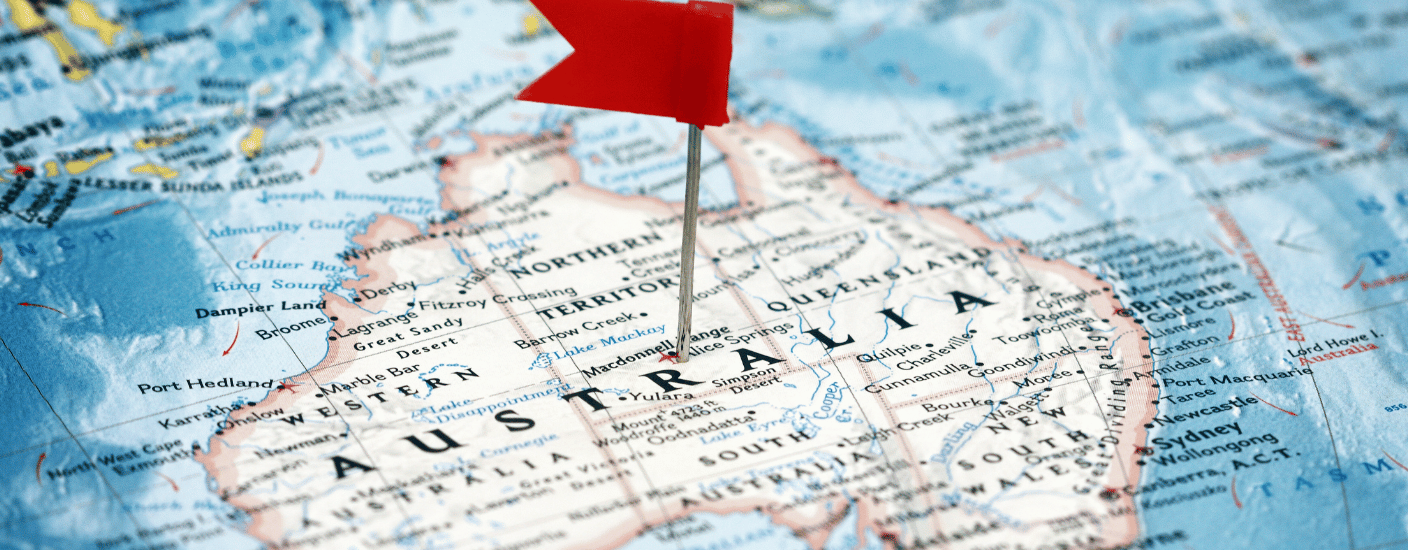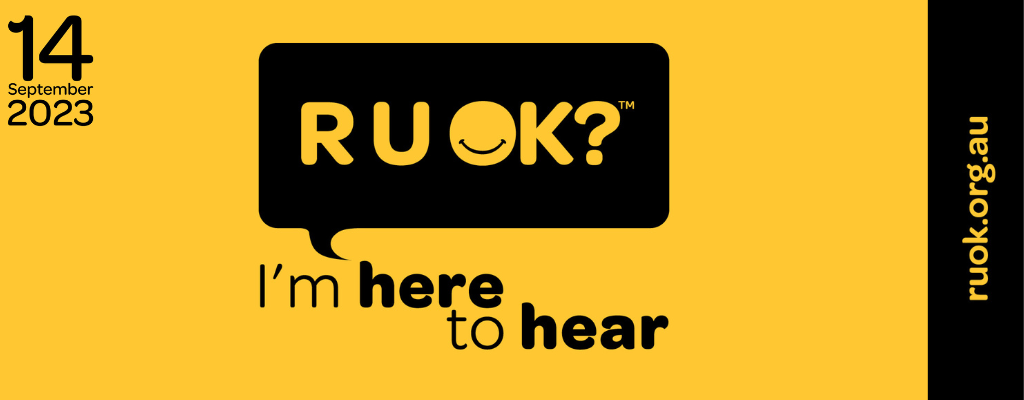At Agri Labour Australia, we believe that embracing cultural diversity enhances your work experience in Australia. Alongside your agricultural working journey, take the opportunity to delve into the rich tapestry of Australian customs, festivals, and leisure activities. In this blog, we will guide you on a journey through the vibrant cultural landscape of Australia, introducing you to local traditions, highlighting exciting events, and unveiling the myriad of recreational opportunities and tourist attractions available to you in the city or region you’ll be residing in.
Celebrating Cultural Diversity
Australia is renowned for its multiculturalism, offering a unique blend of traditions and customs. Embrace its diversity by connecting with various cultural communities, participating in cultural events, and learning about their customs, languages, and cuisines. Attend vibrant multicultural festivals such as:
Diwali festival -The Hindu religious day of Diwali, also called Deepavali or the “Festival of Lights” is one of the most popular dates on the Hindu calendar, Diwali symbolises the spiritual victory of light over darkness, and takes place each year after the harvest and to coincide with the new moon.
Greek Festival – The Greek Festival of Sydney showcases Greek heritage with live music, dance performances, and delectable Greek delicacies. These festivals provide a platform for cultural exchange and foster a sense of unity among diverse communities.
Chinese New Year celebrations – a prominent event that celebrates the Lunar New Year and Asian culture. Experience colourful parades, traditional performances, and indulge in mouth-watering Asian cuisine. Furthermore, explore ethnic neighbourhoods like Sydney’s Chinatown or Melbourne’s Little Italy to discover authentic restaurants, specialty shops, and cultural landmarks. Engage with local communities, attend cultural workshops, and broaden your horizons by understanding and appreciating different customs and traditions.
Leisure Activities for Outdoor Enthusiasts
Australia boasts breathtaking natural landscapes, offering a plethora of outdoor activities. Explore the stunning Great Barrier Reef to experience Australia’s unique marine life where you can snorkel and dive amongst vibrant coral reefs and alongside tropical fish, turtles, and rays. Explore the diverse marine ecosystems of Ningaloo Reef in Western Australia or the pristine waters of Lord Howe Island, home to an abundance of marine biodiversity.
Hike the magnificent Blue Mountains, or embark on a road trip along the Great Ocean Road which is world-famous for its surf breaks, incredible wildlife and ancient rainforests. Engage in thrilling water sports like surfing, kayaking, or paddleboarding at pristine coastal destinations such as Bondi Beach in Sydney or Bells Beach in Victoria and experience the unique Australian wildlife by visiting national parks, wildlife sanctuaries, and kangaroo or koala conservation centres.
For a truly remarkable experience, head to the UNESCO World Heritage-listed Uluru-Kata Tjuta National Park in the heart of Australia. Witness the awe-inspiring Uluru (Ayers Rock) at sunrise or sunset and learn about the significance of this sacred site to the Anangu Aboriginal people. Explore the nearby Kata Tjuta (The Olgas) with its stunning rock formations and take part in guided cultural walks to gain a deeper understanding of the traditional custodians’ connection to the land.
If you are in Tasmania, don’t miss the chance to hike the Overland Track in Cradle Mountain-Lake St Clair National Park, immersing yourself in the breathtaking alpine scenery. For adventure seekers, the Australian Alps offer excellent opportunities for skiing, snowboarding, and snowshoeing during the winter months.
Urban Adventures and City Exploration
Discover the vibrant cities of Australia and indulge in their cosmopolitan offerings. In Sydney, climb the iconic Sydney Harbour Bridge for panoramic views of the city, visit the world-famous Sydney Opera House, or explore the vibrant neighbourhoods of Newtown and Surry Hills, known for their eclectic shops, trendy cafes, and thriving arts scene. Take a ferry ride to Manly Beach and enjoy the coastal atmosphere, or hike the scenic coastal trail from Bondi to Coogee, immersing yourself in stunning ocean views.
Melbourne, renowned for its cultural diversity, offers a myriad of experiences. Wander through the bustling laneways of the city, adorned with vibrant street art, and explore unique boutiques, galleries, and cafes hidden within. Don’t miss the opportunity to watch an Australian Football League (AFL) match at the Melbourne Cricket Ground or enjoy a performance at the iconic Melbourne Theatre Company.
In Brisbane, take a leisurely stroll along the South Bank Parklands, where you can relax by the man-made beach or explore the vibrant markets or take a cruise along the Brisbane River which is the longest river in South East Queensland.
Adelaide, known for its festivals, offers a thriving food and wine scene, with the nearby Barossa Valley and McLaren Vale regions being famous for their vineyards and cellar doors.
Perth, the capital of Western Australia, offers a combination of urban delights and natural beauty. Visit Kings Park and Botanic Garden, one of the largest inner-city parks in the world, and enjoy breathtaking views of the city skyline and Swan River. Explore the nearby Rottnest Island, home to the adorable quokkas, pristine beaches and wildlife populations you won’t find anywhere else.
Festivals and Events
Australia hosts an array of exciting festivals throughout the year. From music and arts festivals like Splendour in the Grass in Byron Bay, the Woodford Folk Festival in Queensland, or the Falls Festival in Tasmania, to food and wine events such as the Melbourne Food and Wine Festival or the Tasting Australia festival in Adelaide, there is something to suit every interest.
In Melbourne, the Australian Open tennis tournament attracts sports enthusiasts from around the world. The city also hosts the Melbourne International Comedy Festival, featuring renowned comedians and Adelaide’s WOMADelaide festival celebrates world music, arts, and dance, creating a vibrant and multicultural atmosphere.
For an extraordinary cultural experience, immerse yourself in the ancient traditions of the Indigenous peoples during the annual NAIDOC Week celebrations, which take place across Australia in July. Attend events such as art exhibitions, traditional dance performances, storytelling sessions, and cultural workshops to gain insights into Australia’s rich Indigenous heritage.
Australia is a melting pot of cultures, offering a multitude of leisure activities and cultural experiences for those embarking on a work adventure. By embracing the country’s cultural diversity and exploring its vibrant offerings, you can enrich your stay and create lifelong memories. Don’t just work in Australia, immerse yourself in multicultural festivals, engage in outdoor adventures, and delve into the unique experiences each city or region has to offer.
